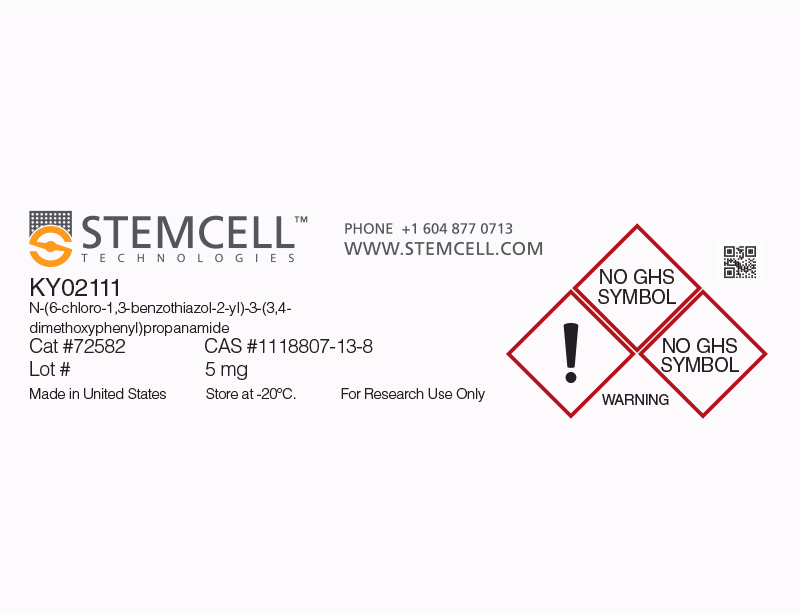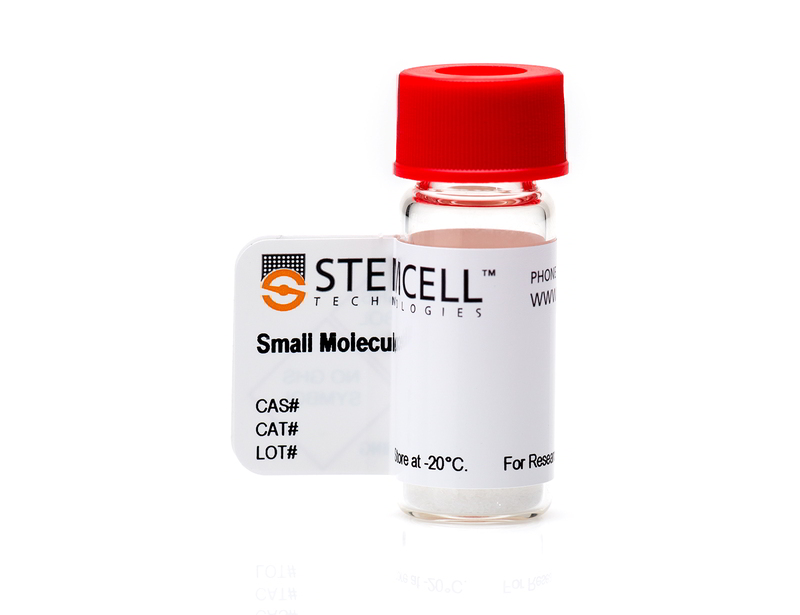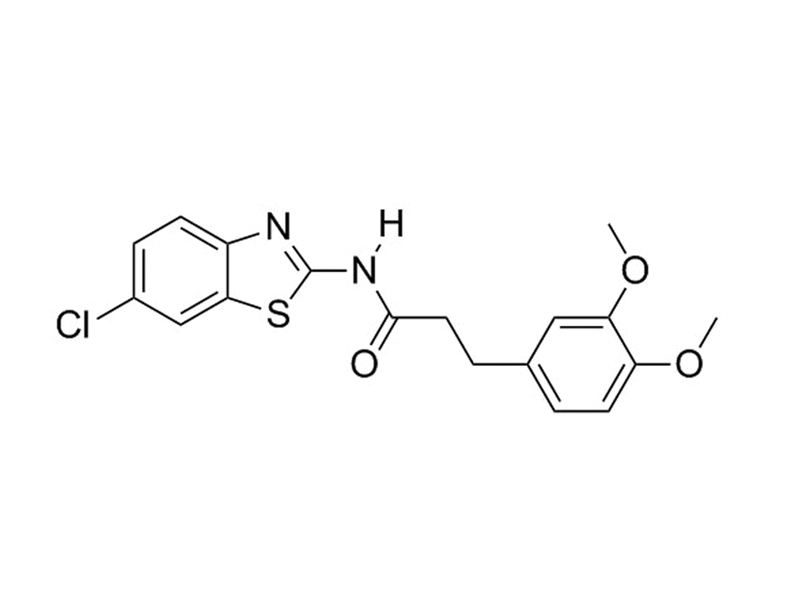KY02111
WNT pathway inhibitor
概要
KY02111 promotes the differentiation of pluripotent stem cells (PSCs) to cardiomyocytes by inhibiting canonical WNT signaling in a manner distinct from that of other WNT inhibitors (Minami et al.).
DIFFERENTIATION
· Promotes cardiomyocyte differentiation of human and mouse PSCs in combination with BIO, CHIR99021, and XAV939 (Minami et al.).
DIFFERENTIATION
· Promotes cardiomyocyte differentiation of human and mouse PSCs in combination with BIO, CHIR99021, and XAV939 (Minami et al.).
Alternative Names
Not applicable
Cell Type
Cardiomyocytes, PSC-Derived, Pluripotent Stem Cells
Species
Human, Mouse, Rat, Non-Human Primate, Other
Application
Differentiation
Area of Interest
Stem Cell Biology
CAS Number
1118807-13-8
Chemical Formula
C₁₈H₁₇ClN₂O₃S
Molecular Weight
376.9 g/mol
Purity
≥ 95%
Pathway
WNT
技术资料
| Document Type | 产品名称 | Catalog # | Lot # | 语言 |
|---|---|---|---|---|
| Product Information Sheet | KY02111 | 72582 | All | English |
| Safety Data Sheet | KY02111 | 72582 | All | English |
数据及文献
Publications (1)
Cell reports 2012 NOV
A small molecule that promotes cardiac differentiation of human pluripotent stem cells under defined, cytokine- and xeno-free conditions.
Abstract
Abstract
Human pluripotent stem cells (hPSCs), including embryonic stem cells and induced pluripotent stem cells, are potentially useful in regenerative therapies for heart disease. For medical applications, clinical-grade cardiac cells must be produced from hPSCs in a defined, cost-effective manner. Cell-based screening led to the discovery of KY02111, a small molecule that promotes differentiation of hPSCs to cardiomyocytes. Although the direct target of KY02111 remains unknown, results of the present study suggest that KY02111 promotes differentiation by inhibiting WNT signaling in hPSCs but in a manner that is distinct from that of previously studied WNT inhibitors. Combined use of KY02111 and WNT signaling modulators produced robust cardiac differentiation of hPSCs in a xeno-free, defined medium, devoid of serum and any kind of recombinant cytokines and hormones, such as BMP4, Activin A, or insulin. The methodology has potential as a means for the practical production of human cardiomyocytes for regeneration therapies.



